
I’m starting a column to discuss specific tuning topics. Since this article serves as a welcome gift to all of you, it must be direct and tackle a hotly debated topic. Let’s talk about ECU tuning? Currently, the opinions on ECU tuning are divided into two distinct camps: don’t tune, or the engine will blow; you must tune, as the factory settings are too conservative. Who is right?
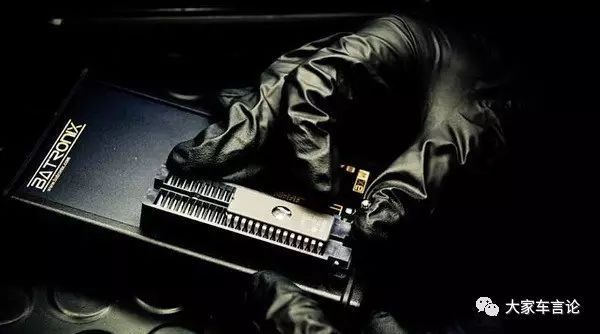
There are many legends in the ECU tuning world, such as “stage one”, “engine scrap”, “factory settings are conservative”, and “cheap programs”, making ECU tuning both appealing and intimidating.
However, since I’m diving into this topic, I won’t shy away from stepping into this deep “minefield”, even if it might upset some tuning businesses.
Unfortunately, upsetting businesses will be a norm for this column. To advise everyone against paying an IQ tax, I will undoubtedly offend some people. So, for the sake of social harmony, I won’t comment negatively, as I also don’t want to be wanted in the tuning industry, so please understand. If you really want to know, bad news travels fast; a quick search on Baidu will yield results.
Alright, let’s get to the main point. Why tune the ECU? First, let me present a scenario: if a phone’s CPU is overclocked to make it run smoother, allowing multiple applications to open simultaneously and enabling it to handle games it couldn’t before, but at the cost of higher power consumption, increased heat, and potentially shortening its lifespan with risks of crashing, would you be willing to overclock it? If your answer is yes, congratulations, you have the psychological foundation for ECU tuning.

Let’s consider another scenario: labor laws stipulate an 8-hour workday, which is a comprehensive consideration of various life aspects within 24 hours: work, entertainment, commuting, meals, rest, learning, childcare, etc. This is the optimal solution for “everyone,” but not necessarily for each individual. Some can work 12 hours a day, while others might only manage 5 hours; some have clear distinctions between busy and free times, while others are on call 24 hours. It’s unreasonable to force everyone to adhere to an 8-hour workday.
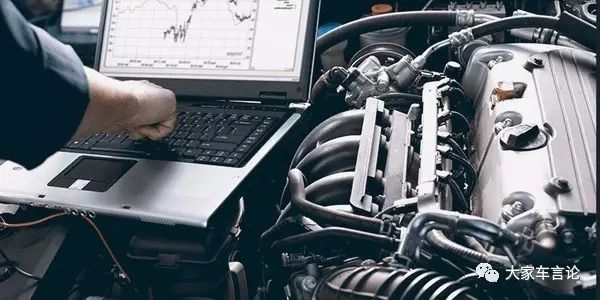
Now, let’s rewrite that: the manufacturer calibrates an engine to produce x horsepower, considering various conditions and acceptance criteria such as cost, reliability, fuel economy, heat resistance, fuel adaptability, and emissions. This is the optimal calibration for “all driving environments,” but not necessarily the best for each car owner. Some owners can afford to use high-octane fuel consistently, some have modified their intake and exhaust systems, and some only care about power without regard for smooth driving or durability; thus, the factory calibration may not be “extreme” enough for them.
However, just like a person who challenges their limits may feel drained, pushing an engine to its limits increases load, consumes more fuel, worsens emissions, and may even affect longevity…
Does tuning the ECU guarantee that your car’s ECU can yield results? Can a 320 really become a 328 with just a tune?
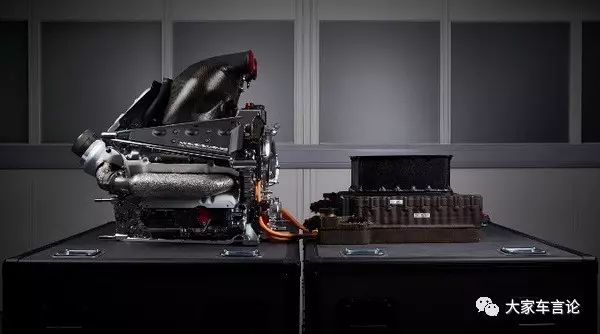
We often say that ECU calibration serves the hardware, but the same hardware can indeed have completely different calibrations based on different performance requirements, which is the space for ECU tuning.
For example, in Formula 1 racing, the ECU tuning for qualifying is quite aggressive, squeezing out more horsepower, but this is a “sprint mode” emphasizing explosive power. Using this tuning for 10 minutes requires a break. In the actual race, ECU tuning focuses on long-term stability, with less power but less burden on the engine hardware, consuming less fuel, and allowing for nearly 2 hours of racing. (Of course, the Honda F1 engine is not included in this discussion…)
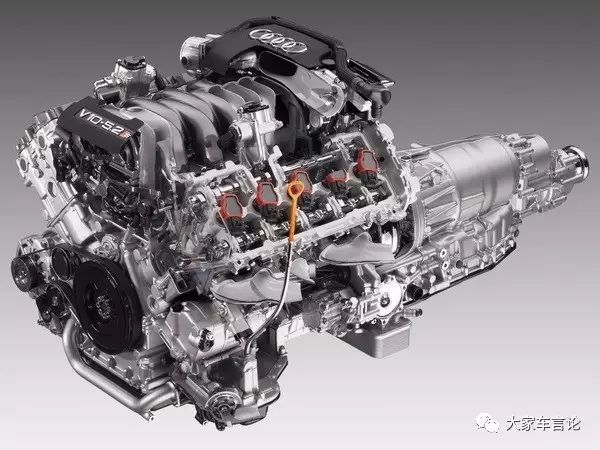
However, hardware performance is always decisive. Engine block design, displacement, compression ratio, turbo output performance, piston-connecting rod-crankshaft strength, intake and exhaust system maximum throughput, camshaft lift, cooling/lubrication efficiency, etc., determine the maximum power output of the engine. For example, if you let the ECU calibration engineer from the Mercedes F1 team tune Honda’s F1 engine, they won’t be able to produce a single podium finish.
Thus, under the same hardware conditions, ECU tuning can indeed change the engine’s character. However, the engine’s hardware design is always the root of its performance. Do not overestimate the ECU’s capabilities.
Under certain hardware conditions, while ECU tuning can enhance power, the forces and thermal loads on the engine will inevitably increase. Whether durability decreases depends on whether the ECU program adequately considers engine stability (generally speaking, stable programs with less aggressive settings won’t lead to outrageous power increases). After tuning the ECU, how “crazy” you drive and how well you care for the car matters.
Remember, in the relationship of fatigue intensity, the magnitude of stress and the number of stress cycles leading to fatigue are inversely related. If you push the car to its limits, it will indeed fail.
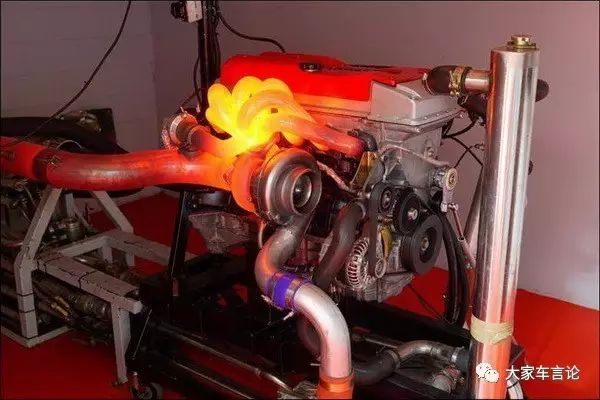
If you frequently floor the accelerator to push the engine, the forces on the piston and connecting rod will increase, leading to higher combustion chamber temperature, exhaust temperature, water temperature, and oil temperature (among these, exhaust temperature increases the fastest and is the most dangerous for the engine), increasing the risk of shortening the engine’s lifespan; however, if you only occasionally push it, giving the engine ample “breathing” time is akin to an ordinary person occasionally sprinting 100 meters to catch a bus, which doesn’t harm health and may even help clear carbon deposits.
Moreover, apart from driving habits, maintenance is equally important. Whether a person can work more than 8 hours a day is often related to their lifestyle habits. Some may work 12 hours daily and feel a bit tired, but with a reasonable diet (using high-octane fuel, high-grade oil), monitoring health indicators (regular maintenance and checks), balancing work and rest (controlling the duration of intense driving), and exercising to improve physical condition (strengthening engine hardware), sustainable development can be achieved without accumulating fatigue-related illnesses.
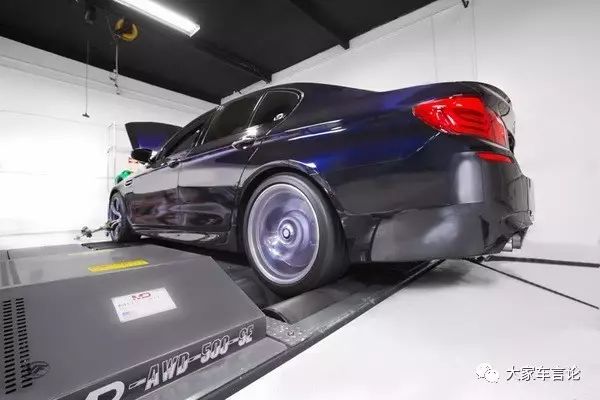
Additionally, different engines have varying potentials for “overclocking”. Some engines, like Cadillac’s 2.0T low and high power versions with the same hardware, can be tuned from low to high power without significantly affecting engine longevity; however, some engines, like BMW’s 2.0T, have different connecting rod strengths, compression ratios, and cooling system designs, making tuning from low to high power riskier. Don’t be easily swayed by claims like “5000 yuan to turn a 320 into a 328”; even if it works, it may only last a minute or two before needing to cool down.
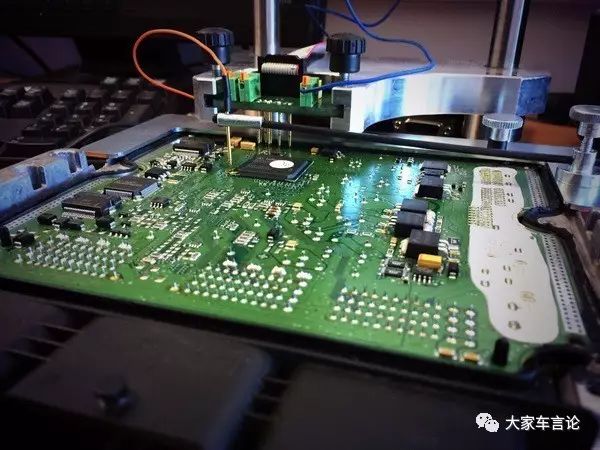
I do not oppose ECU tuning, nor do I deny its results. However, I believe consumers should have the right to be informed about the side effects of ECU tuning while being fully aware of its positive effects. This allows them to weigh the pros and cons based on well-informed decisions.
However, many tuning shop owners may not clearly inform you that the engine will have a shorter lifespan, instead repeatedly emphasizing the benefits of “low power to high power” and even claiming that fuel consumption will decrease, which feels a bit deceptive.
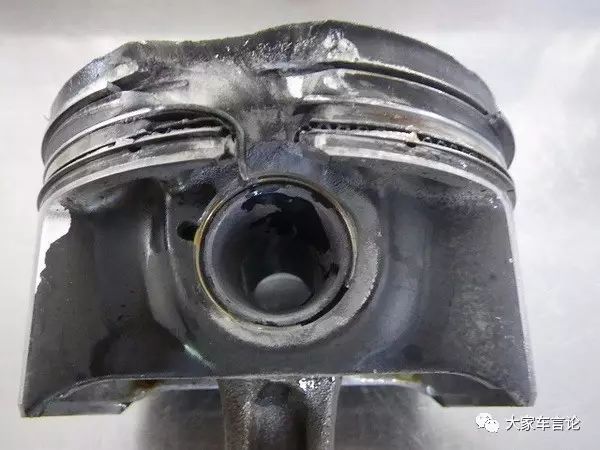
How can tuning the ECU melt the pistons? The answer will be revealed in the next article.
In fact, the topic of ECU tuning is far from over; this article is merely an introduction to background knowledge. In the next article, I will directly delve into the various methods of ECU tuning available on the market: small boxes, “original flashing”, external tuning, full replacement, and which one is reliable? What about “canned programs”? Please stay tuned for the same time next week…
Review the in-depth tuning series articles:
Why, as a former editor of a tuning website, did I only modify these three things?
